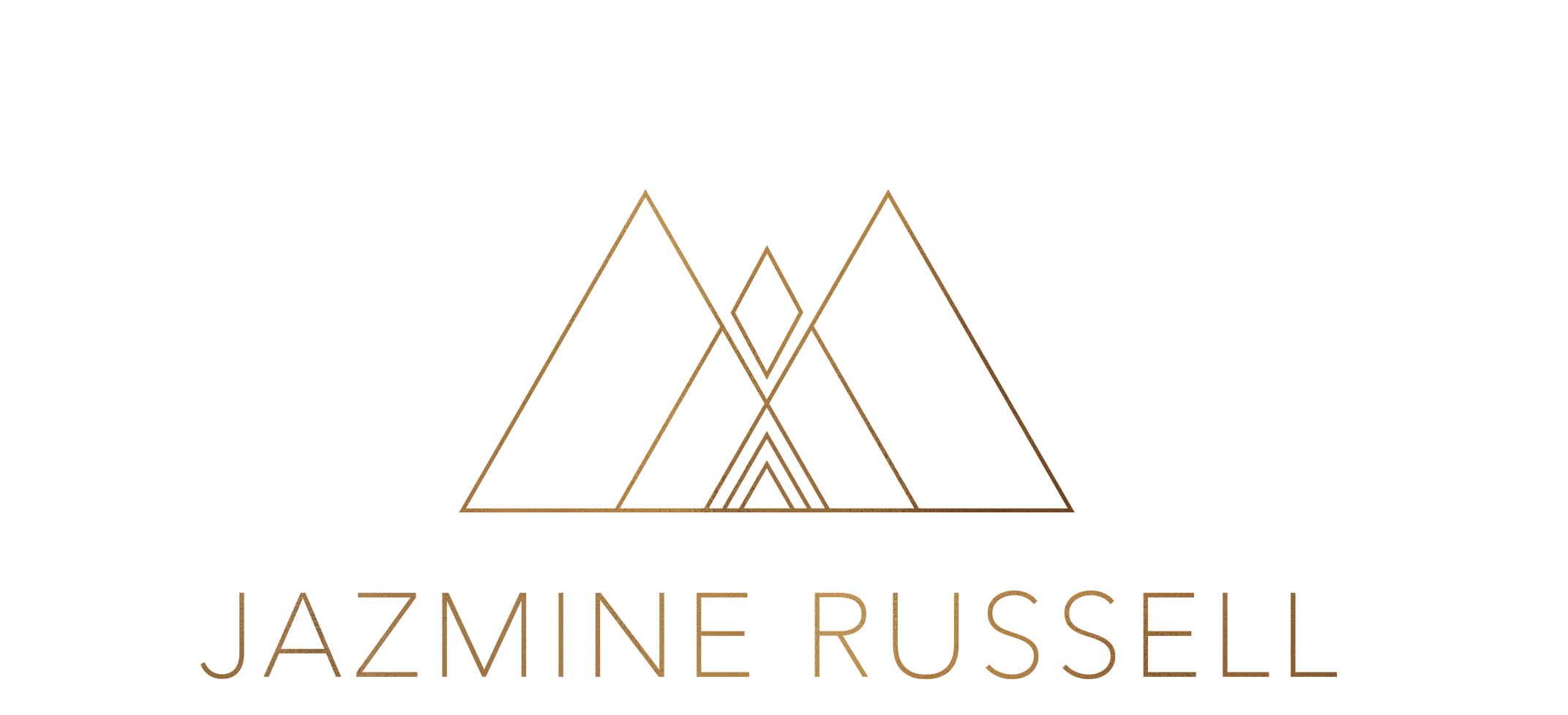How Boundaries Help Protect Relationships
How Boundaries Help Protect Relationships
Protecting your space doesn’t mean you’re selfish…
As the holiday season ramps up and personal and professional obligations stack up, it's more important than ever to protect your time, space and well-being. Many of us have negative associations with boundaries. Perhaps we've been hurt or felt rejected by others' "no"s. Perhaps we've seen time and time again that people have not responded well to our "no"s.
If you struggle with boundaries maybe you:
immediately think "how can I make this work?" when you get a request, rather than "do I want to do this?"
have trouble discerning what you want and need at the moment
struggle to separate your wants from those around you
have trouble sticking to commitments to yourself in favor of meeting others' needs
feel somewhat responsible for how others feel
justify "no"s with reasons to try to cushion the blow
apologize often for things out of your control
When we do this, we aren't just disrespecting ourselves, but also disrespecting the people in our lives. In essence, we aren't giving our relationships enough credit. When we try to cushion the blow of our "no" or hedge our desires, we are assuming the other person isn't emotionally mature enough to handle our authenticity. Perhaps our caretakers weren't, or our childhood friends reacted poorly, or perhaps there are still people in our lives who are working through rejection sensitivity or codependency. But now, it's time to trust that our relationships can handle us meeting our needs. And if they can't, we get really valuable information. It's crucial to be able to say "I can not meet all of your needs, I can say no, I can disappoint you, I can have a different opinion than you, and we can still be close."
The way we talk about boundaries these days usually makes it sound like boundaries are these big huge barriers or that we have to work extra hard to maintain them. We also get the idea that boundaries exist solely to protect us. While it's true boundaries are crucial to self-development and self-healing, I find it even more compelling that setting boundaries actually saves our relationships. Because every time we hedge, every time we choose the easy route, every time we agree to something out of obligation, every time we apologize for normal human behavior, every time we choose their needs over ours, we build resentment and we destroy trust.
One of the most valuable lessons about boundaries for me was modeled by my partner in his own search for authenticity. I began to notice each time he considered taking something on, whether it was a work project or a personal endeavor, the first question he would ask himself is "What would make me excited about doing this?" I found this so novel, because not only was he staying true to his desires, but he was also owning his ability to make any situation worthwhile by advocating for his needs. When I asked more about his process, why he leans into this particular question, he said something that struck me to my core: "because I know if I'm not excited by this now, I'm going to feel resentful in the future, and I don't want to feel resentful of this [project, person, etc.]. I do it to protect my relationships". This was the first time it dawned on me that while we may think we are protecting our relationships by saying "yes" or proving our worth by overextending, we are actually eroding trust and intimacy.
Boundaries don't just protect us, they protect our relationships too.
So where are you being asked to build trust by being more authentic?
What stories exist in your mind about why you can't be real or ask for what you need?
In which relationships can you trust that your boundaries will be honored?
Where does any resentment live in your body, and what do you need to do to have your needs met?



